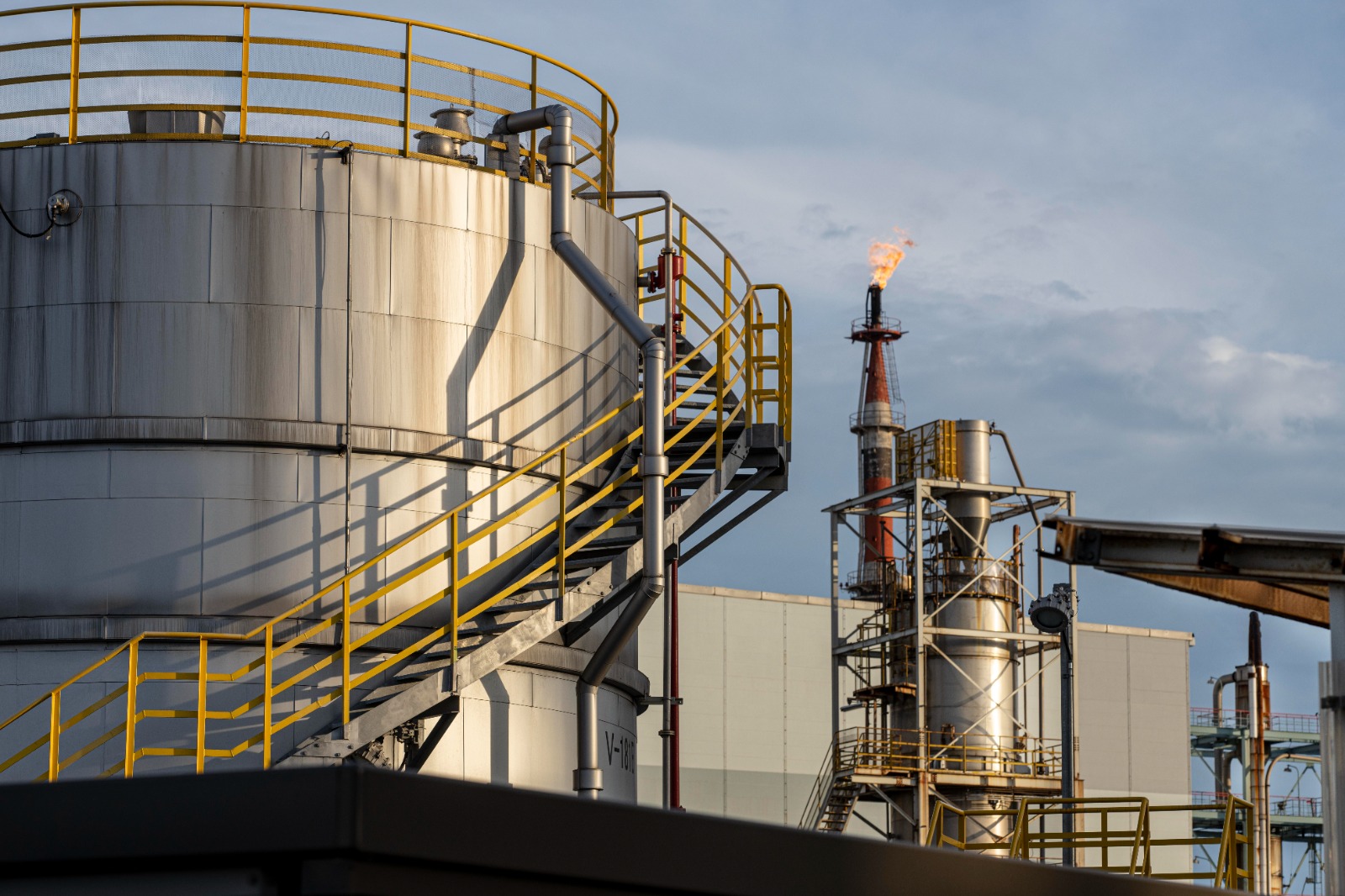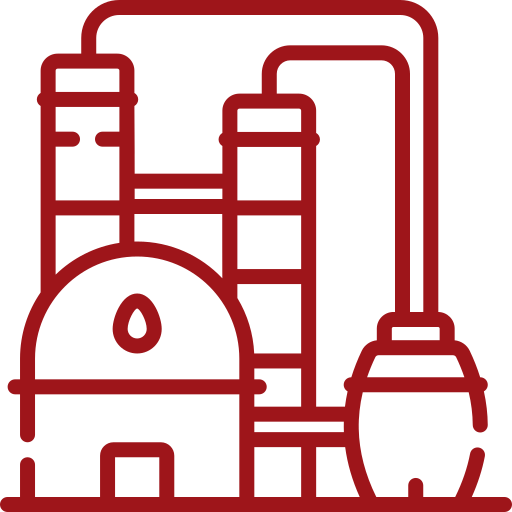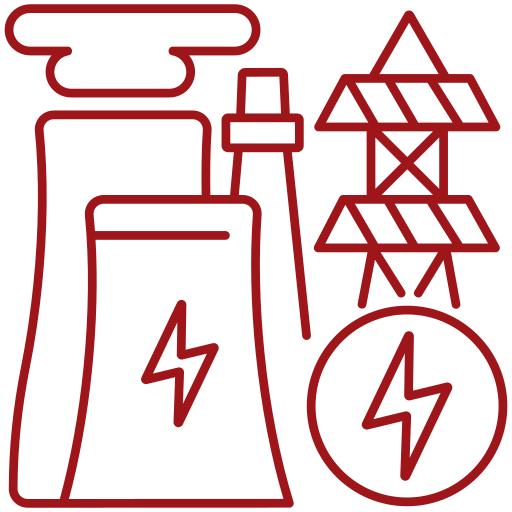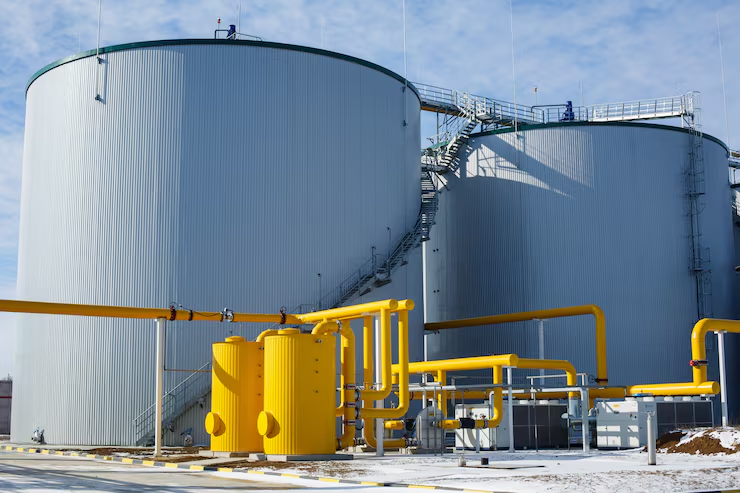Pyrolysis Oil
Sustainable Energy from Plastic Waste - Pyro Fuels

Waste Plastic, New Energy
Plastic Waste Oil (PWO) produced by Pyro Fuels through the pyrolysis of plastic debris and municipal solid waste is emerging as a highly promising alternative fuel. Its chemical composition and carbon chain structure closely resemble that of diesel, making it a viable substitute for conventional fossil fuels. As a complex mixture of hydrocarbons, PWO shares many physical and chemical properties with crude oil, enabling its use across multiple industrial applications.
This innovative fuel can be utilized in power generation, heating systems, industrial furnaces, and even transportation, providing a versatile and cost-effective energy solution. By converting plastic waste into fuel, Pyro Fuels not only provides a sustainable energy source but also significantly reduces the volume of plastic entering landfills or contaminating the environment. This contributes directly to reducing pollution and promoting a cleaner, healthier planet.
Uses of Pyrolysis Oil

Heating
Plastic Oil is an innovative, eco-friendly, and cost-effective fuel designed for boilers, furnaces, and various industrial heating applications. By converting waste plastic into usable energy, it provides reliable performance while reducing environmental impact, lowering greenhouse gas emissions, and minimizing dependence on conventional fossil fuels, making it a sustainable and efficient solution for modern industries.

Industrial Application
Plastic Oil can be further processed into valuable industrial chemicals, including solvents, lubricants, and plastics. This versatile fuel not only supports diverse manufacturing applications but also promotes sustainability by utilizing waste plastic, reducing reliance on conventional raw materials, and offering cost-effective, eco-friendly solutions for industries seeking both efficiency and environmental responsibility.

Fuel Production
Plastic Oil can be efficiently refined into gasoline, diesel, and other industrial fuels, providing energy for power generation, heating systems, and transportation. By converting waste plastic into valuable fuel, it offers a sustainable, eco-friendly alternative to conventional fossil fuels, helping industries reduce costs, lower emissions, and contribute to a cleaner, greener environment.

Electricity Generation
Plastic Oil can be used to fuel power plants, offering a sustainable alternative to conventional fossil fuels. By generating cleaner electricity, it helps industries and communities reduce greenhouse gas emissions, lower environmental impact, and promote energy efficiency, all while turning waste plastic into a valuable resource that supports both cost savings and a greener, sustainable future.
Benefits of Pyrolysis Oil

Waste Management
Pyro Fuels promotes effective waste management by converting plastic waste into valuable fuel, reducing landfill accumulation and environmental pollution.

Energy Production
Plastic Waste Oil from Pyro Fuels generates efficient, eco-friendly energy, providing a sustainable alternative for power, heating, and industrial applications.

Resource Recovery
Pyro Fuels recovers valuable resources from plastic waste, converting it into fuel and chemicals, promoting sustainability and minimizing environmental impact.

Electricity Generation
Plastic Waste Oil from Pyro Fuels efficiently fuels power plants, reducing reliance on fossil fuels and supporting cleaner electricity production.
Transforming Plastic Waste into Energy – Pyrolysis Oil
Pyrolysis Oil represents a groundbreaking solution in the field of sustainable energy, produced by converting plastic waste into a high-quality, usable fuel. Through advanced pyrolysis technology, Pyro Fuels transforms discarded plastic and municipal waste into an eco-friendly energy source that closely resembles diesel and other conventional fuels in its chemical composition and performance characteristics.
Keyfeatures:
- Sustainable – Made from plastic waste, eco-friendly energy.
- Versatile – Used in power, heating, and transport.
- Efficient – Reduces emissions, cost-effective fuel.

